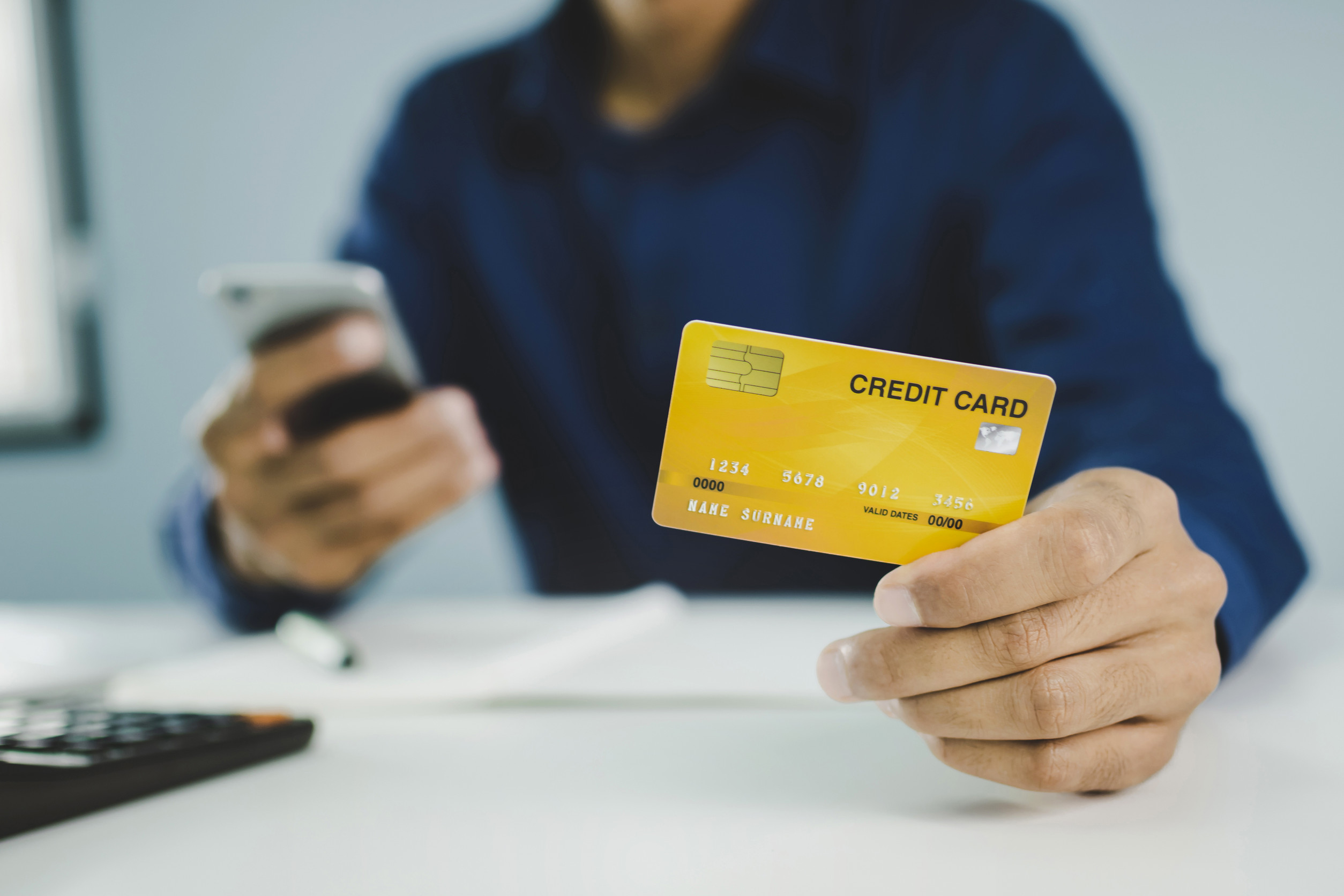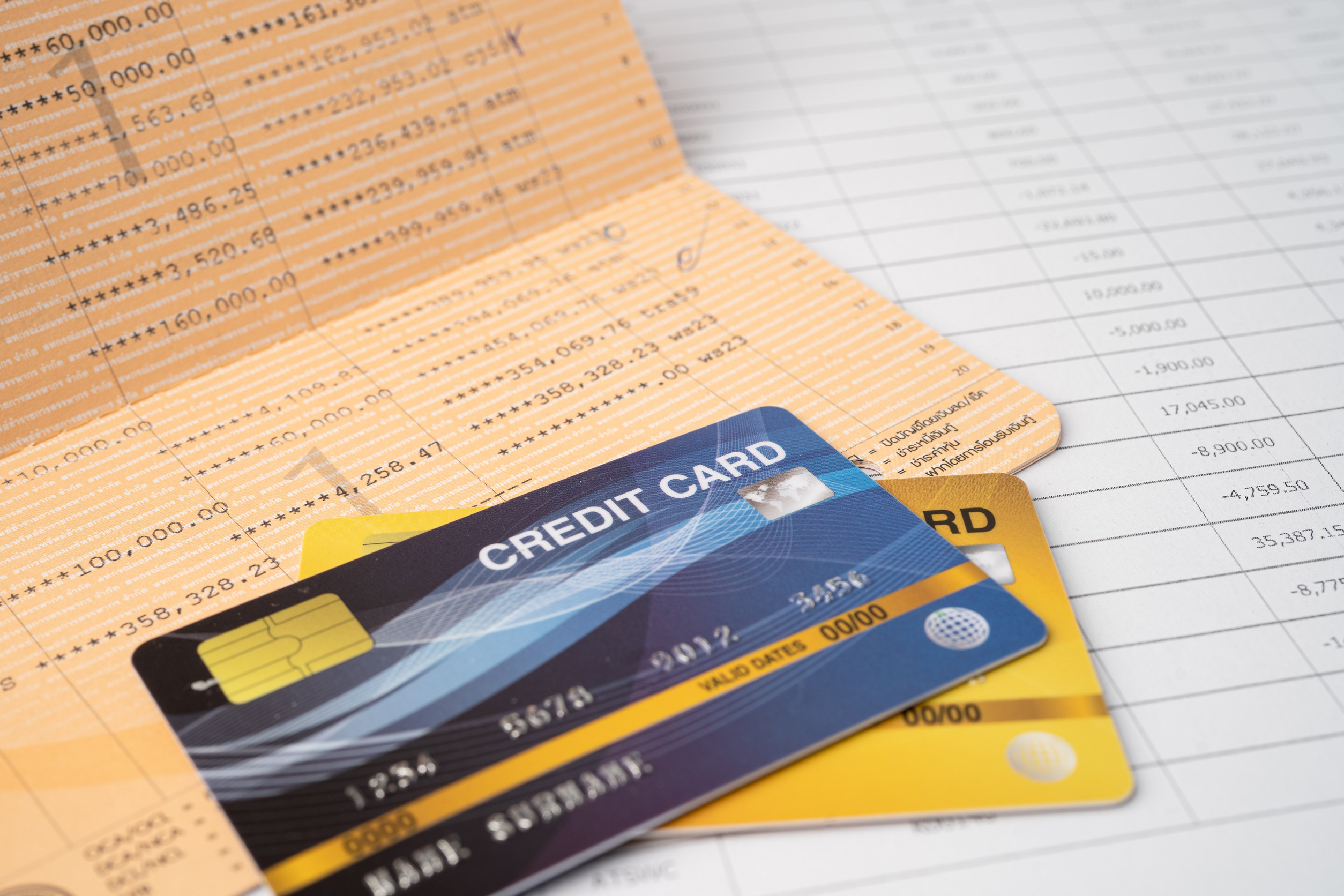Credit cards are convenient, helpful tools—until they quietly become the reason you feel like you’re drowning. Many people don’t realize they’re overusing their credit cards until it’s too late and the interest is piling up. That “I’ll pay it off next month” mentality can quickly spiral into a cycle of debt.
It’s easy to swipe, tap, or click without thinking about the long-term consequences. But if you pay attention to a few clear signals, you can catch yourself before things get too far out of hand.
You’re Only Making the Minimum Payment
If you find yourself consistently making just the minimum payment each month, that’s a strong indicator that your credit card usage is outpacing your income. It might feel like you’re staying afloat, but in reality, you’re mostly just covering interest while your balance barely budges.
This strategy can stretch out your debt for years and cost you hundreds or even thousands more in interest. What starts as a short-term fix becomes a long-term financial burden. Making more than the minimum—even a little more—can make a significant difference in the long run.
You’re Near or Over Your Credit Limit
Being close to your credit limit isn’t just a warning sign—it can also hurt your credit score. High credit utilization tells lenders that you might be relying too heavily on borrowed money. This can make it harder to get approved for future loans or better interest rates.
If you’re constantly teetering on the edge of your limit, it’s time to re-evaluate your spending habits. A healthy rule of thumb is to keep your balance below 30% of your credit limit whenever possible.
You’re Using One Card to Pay Off Another
When you start shifting balances from one card to another, it might feel like you’re getting ahead—but you’re really just moving the problem around. This behavior often signals that your debt is becoming unmanageable.
While balance transfers can be useful when paired with a solid repayment plan, using one credit card to bail out another without a strategy is risky. It delays the inevitable and can lead to an even higher overall balance. Eventually, the available credit runs out, and the interest keeps climbing.
You Can’t Remember What You Bought
If you look at your statement and struggle to remember what half the charges are for, it might be a sign that you’re spending on autopilot. This disconnect from your purchases can make it easier to rack up debt without fully realizing it. It’s not uncommon to overspend when you’re not emotionally engaged with the transaction, especially with digital wallets and online shopping.
Reviewing each purchase regularly can help you become more intentional with your spending. Awareness is often the first step toward making a change.
You Feel Anxious When the Bill Arrives
A little nervousness when opening your credit card bill is normal, especially after a big month—but persistent dread is a different story. If your heart sinks every time you see your balance, you might be caught in a cycle that’s stressing you out emotionally as well as financially. This kind of anxiety isn’t just uncomfortable—it can affect your sleep, your mood, and even your physical health.
Being in debt isn’t just about the numbers; it’s about how those numbers make you feel. And if it’s weighing on you daily, it’s worth examining more closely. Go with your gut, notice how you feel, and then make a plan to get out of the hole you’re digging.
You Rely on Credit to Cover Essentials
Using your credit card for emergencies now and then is understandable. But if you’re regularly relying on credit to buy groceries, pay bills, or cover other basic needs, your financial foundation might be unstable. This behavior indicates that your income isn’t keeping up with your cost of living, and credit is filling in the gap.
Over time, this can become a dangerous habit that’s hard to break. When you depend on credit for necessities, you’re not just borrowing money—you’re borrowing your future security. Think of it this way: your credit cards should not be considered cash and should be off limits for the normal, everyday purchases that you are required to make.
Take Control of Your Credit Cards
Credit card debt doesn’t happen overnight. It’s usually a slow build-up of small decisions that pile into something that feels overwhelming. The good news? Identifying the clues early gives you a chance to reset and regain control. If you noticed any of these signs in your own habits, don’t beat yourself up—but do take action.
Have any of these clues hit close to home? How did you overcome the mounting debt that came with too much credit card spending?
Read More
How Many Credit Cards Should You Have?
Fast Credit Repair in 30 Days: Proven Steps to Boost Your Credit Score Quickly



Leave a Reply